DevOps for mobile app development is a smart approach to ensure smooth application delivery from initiation to production. It makes the process more efficient, streamlined, and flexible. How? By breaking the development operations barrier. Read this post to know the significance of DevOps in Mobile App Development and how it can benefit your business.
What is DevOps?
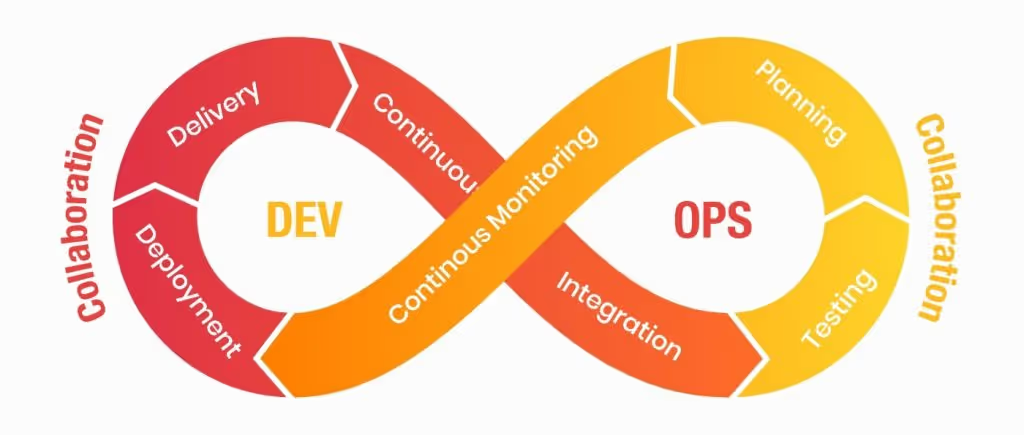
DevOps isn’t a technique or process, it is a unique approach that ensures effective collaboration between all the stakeholders (developers, managers, and other operations staff) included in creating a reliable digital product. DevOps helps to:
- Bridge the gap between operations & development so that all can work in a team;
- Overcome the challenges involved in continuous software delivery;
- Brings together agile, continuous delivery, and automation.
Moreover, DevOps lowers development costs, accelerates the release cycle, and improves efficiency. According to a study (Source: UpGuard), organizations integrating DevOps showed:
- 63% improvement in the quality of their software deployments
- 63% released new software more frequently
- 55% noticed improved cooperation and collaboration
- 38% reported a higher quality of code production
Six Essential Elements of the DevOps Approach
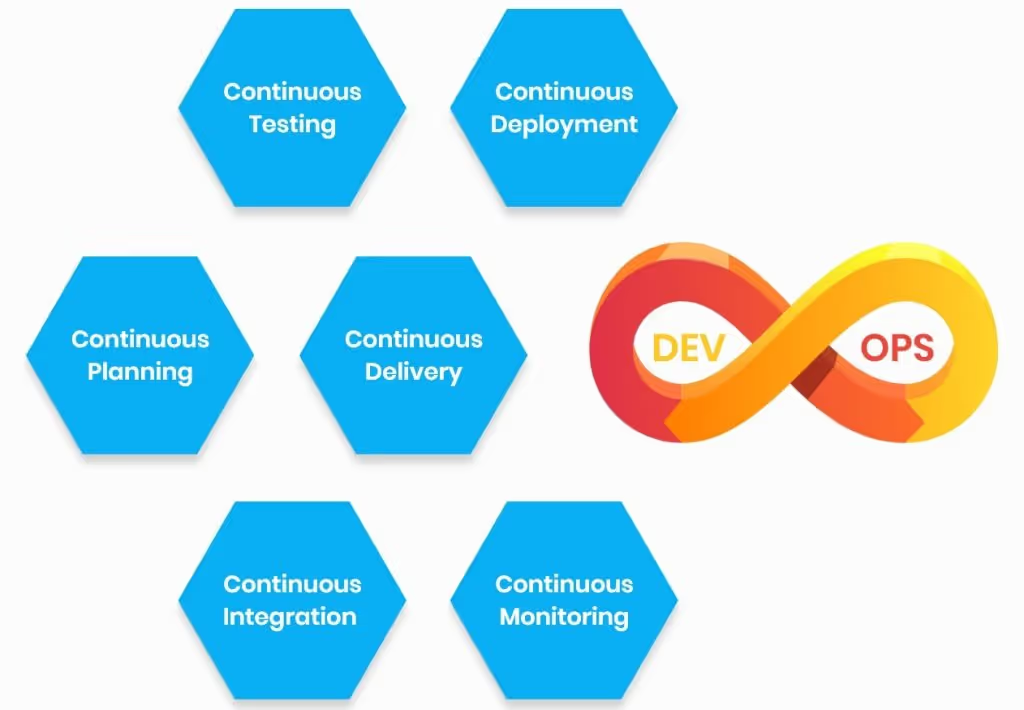
Continuous Planning
It brings together the complete project team to a single platform to define application scope and determine the possible outcomes & resources.
Continuous Integration
It emphasizes frequent error-free builds and ensures its seamless integration into the last developed code.
Continuous Testing
It helps in the early detection of bugs. It ensures the performance and reliability of the application and the infrastructure as it moves from development to production.
Continuous Monitoring
It helps in issues identification and resolution. It ensures the stability and proper functioning of the app.
Continuous Delivery
It assists in the delivery of software/updates to the production environment in smaller increments and ensures faster release.
Continuous Deployment
It is a strategy where any code that crosses the automated testing phase gets auto release to the production environment.
How to Implement Mobile DevOps?
The three fundamentals to implement mobile DevOps:
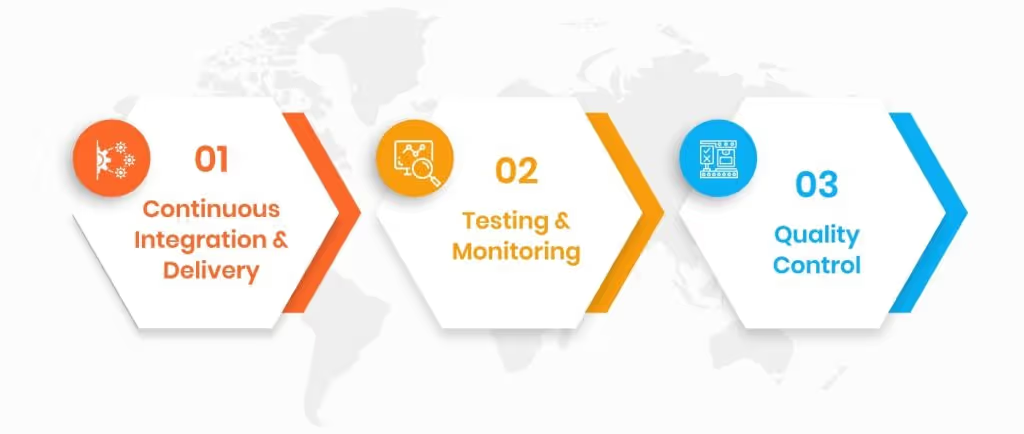
Continuous Integration and Delivery
The code should be written in such a manner that other teams can easily integrate. All assets—from scripts, text files, configuration, documents, to code should be traceable. Continuous integration comes with continuous delivery. It ensures fast delivery.
Testing and Monitoring
Mobile app testing is quite significant and should be carried out in the real environment in addition to emulators & simulators. An automated tested process has numerous benefits— it is problem-solving, results in early bug detection, & helps in frequent build handling. Continuous performance monitoring can be done by integrating third-party SDKs (like a crash report, log, etc.) to identify the cause of failure.
Quality Control
It is imperative to measure and verify all components of the code from inception to production, including all modifications that took place during the process. The ratings and feedback on the app store need to be monitored constantly to address the issues quickly and determine the scope of improvement.
How Mobile DevOps is going to Benefit Your Business?
Reduced Release Time
Mobile DevOps offer a smart way to fix issues that originated within the product. The continuous integration in DevOps along with the best test setup ensures a faster solution to problems and compresses applications time to release.
Better Customer Experience
The prime goal of a company is to deliver better services and products. DevOps help to create a quality app using continuous automated testing. This results in better customer experience and satisfaction.
Better Software Quality
DevOps ensures fast development, high quality, stable software, and more frequent releases. When coupled with Agile, it results in better collaboration and helps in solving a problem quickly. DevOps ensures close monitoring of everything from user experience, performance, to security. Thus results in stable and robust software delivery.
Reduced Risks
Mobile DevOps significantly reduces risks. Automated Testing in the development lifecycle ensures that every bug is detected and resolved before the release of the product.
Innovative Toolkits
DevOps offers creative & feature-rich tools to enhance mobile application quality and scalability. These tools foster capabilities for implementing continuous delivery for a large number of releases. Also, the release management tool offers a single collaboration platform for all the teams and provide traceability of every product release.
Conclusion
Adopting DevOps will be a total game-changer for your mobile app development business. Mobile DevOps looks quite promising. It not only enhances business productivity but also minimizes time to market/market releases. Whether you are a growing startup or a well-established enterprise, we, at Successive Digital are here help to you.
We help you establish quick and transparent software delivery cycles with reliable and technology-driven software solutions. We help businesses attract new market opportunities. Contact our experts to get started with your Mobile DevOps Journey.
.avif)
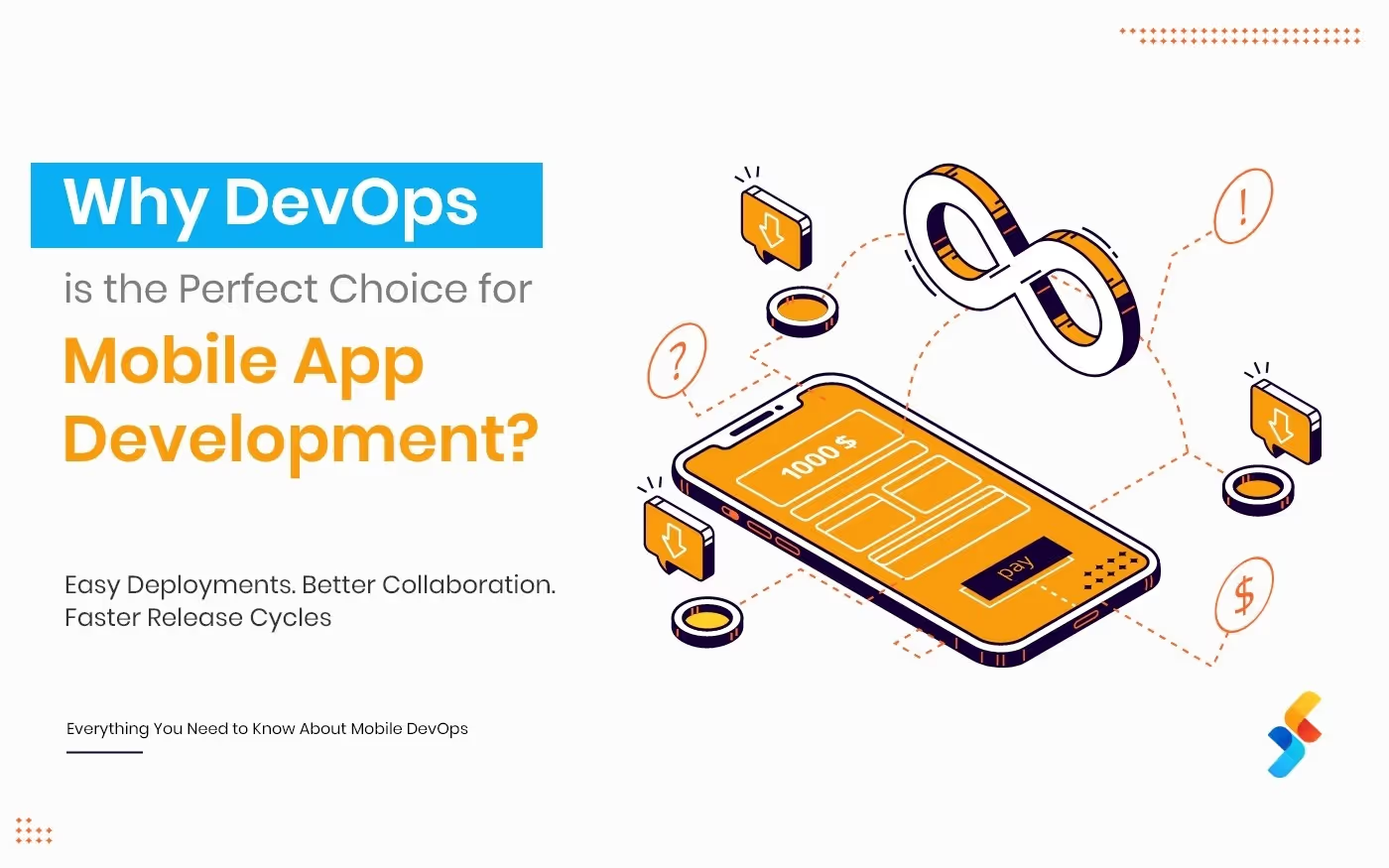
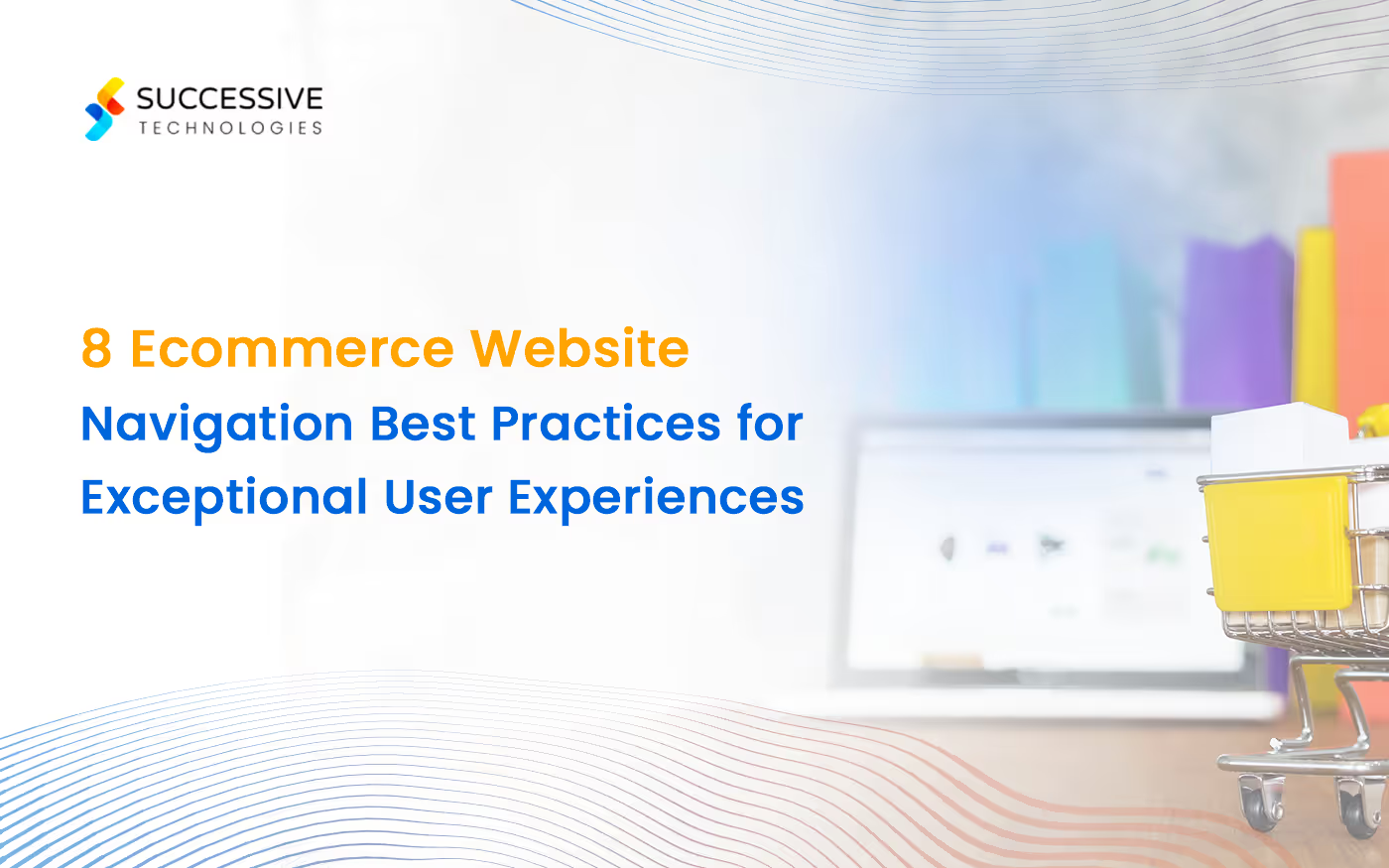

.webp)



.avif)












